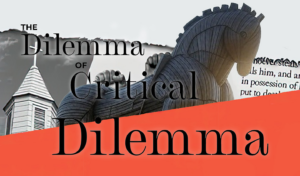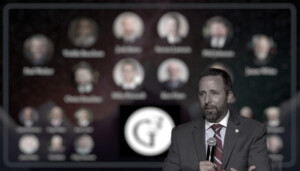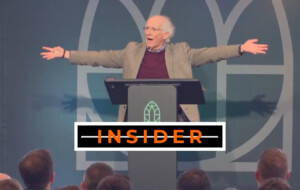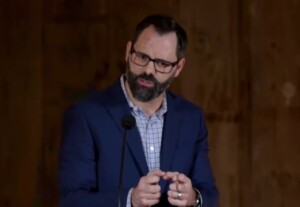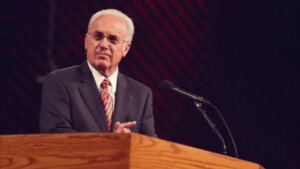
“Well Done, Good and Faithful Servant”: Pastor John MacArthur Enters Glory
John Fullerton MacArthur Jr. (1939–2025) — pastor, teacher, author, and a stalwart defender of biblical truth — has entered the presence of his Lord and Savior at 6:17pm PT on July 14th, 2025 after a lifetime of faithful ministry. With profound sorrow yet deeper gratitude, we at Protestia mourn the



